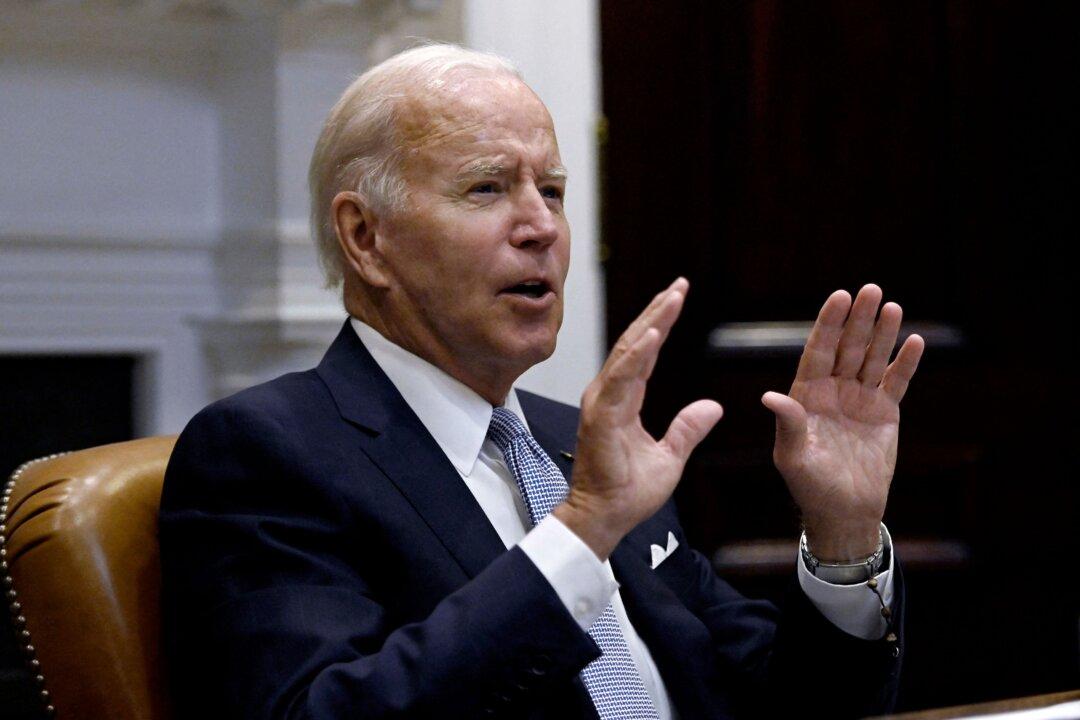White House officials have suggested that President Joe Biden’s student loan debt cancellation program will be fully funded by a reduction in the federal deficit, potentially further exacerbating the government’s spending revenue.
Biden announced last month that he would cancel as much as $20,000 in federal student debt for Pell Grant recipients and $10,000 for other borrowers making less than $125,000 annually.




